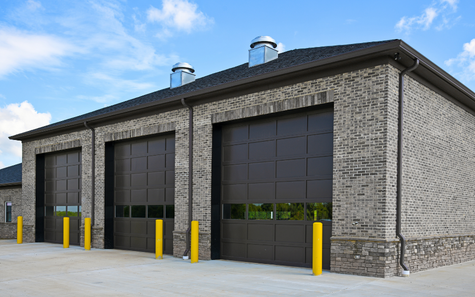
Top Tips for Signing a Commercial Lease
21 Dec 2022Occupying a commercial property is typically one of the most significant investments a business will make. Commercial leases are notoriously complex, so it is essential to be cautious and assess all relevant information, preferably with the assistance of a trusted solicitor, before signing the lease.
Make sure you understand the terms of the lease agreement before signing it. Any lease that you sign should be appropriate for your business. You should carefully consider and take the time to understand the lease terms before agreeing to it.
-
Pay close attention to the length of the lease term and any renewal options.
As with understanding the terms of the lease, you should be clear on the length of the lease term and any renewal options available to you. In most cases, you cannot simply give notice when you want to leave. Say, for example, you have signed a lease for a term of five years; you will be liable to pay the rent for the entire period, no matter how far into the lease you are.
In some cases, you may decide that you want to include a break clause in your commercial lease. A break clause will allow you (or your landlord) to terminate your lease partway through the agreement. Although this might benefit your business, for example, if you intend to grow, your landlord could also choose to end the lease, negotiate a new lease and subsequently increase the rent payable.
-
Be aware of what your responsibilities are as a tenant, including payment of rent and upkeep of the property.
There is a multitude of factors to be considered when assessing the terms of a lease agreement, including:
- The rent payable, when it is payable and how and when it will be reviewed.
- Any financial obligations (e.g., service charges)
- The use of the property (e.g., using an outside area for storage or accessibility to the building)
- The terms of the end of the lease. Does your business require any flexibility in your lease, and if it does, does the lease you are entering cater to this?
- Are there any terms that state you are responsible for any building disrepair? If so, what are they?
You should ensure that you are content with the terms of your lease before signing, as it can prove extremely difficult and, in many cases, impossible to terminate the lease partway through the established time.
-
Know your rights as a tenant under UK Legislation
The Landlord and Tenant Act 1954 protects commercial tenants by granting Security of Tenure to tenants who occupy the premises for business purposes.
To qualify to be protected by the Landlord and Tenant Act 1954, you must:
- Have a lease, not a license
- Occupy the premises as a tenant
- Occupy the premises for business purposes
The Act doesn't cover all tenancies, so it is essential to research your rights under the law to ensure that you enter a correct and relevant lease.
-
Have a lawyer review the lease agreement before you sign it.
As with any legal documentation pertaining to your business, it is always recommended to speak to a trusted solicitor to ensure that the terms are reasonable and suitable for your business.
With this advice, you could avoid ending up in a lease that does not suit your business plan, the intended use of the property, or the time intended to occupy.
Commercial Property Solicitors London
At Templecorporate, our property solicitors can advise and assist on various commercial property matters, including lease assignment, lease forfeiture and lease renewals.
